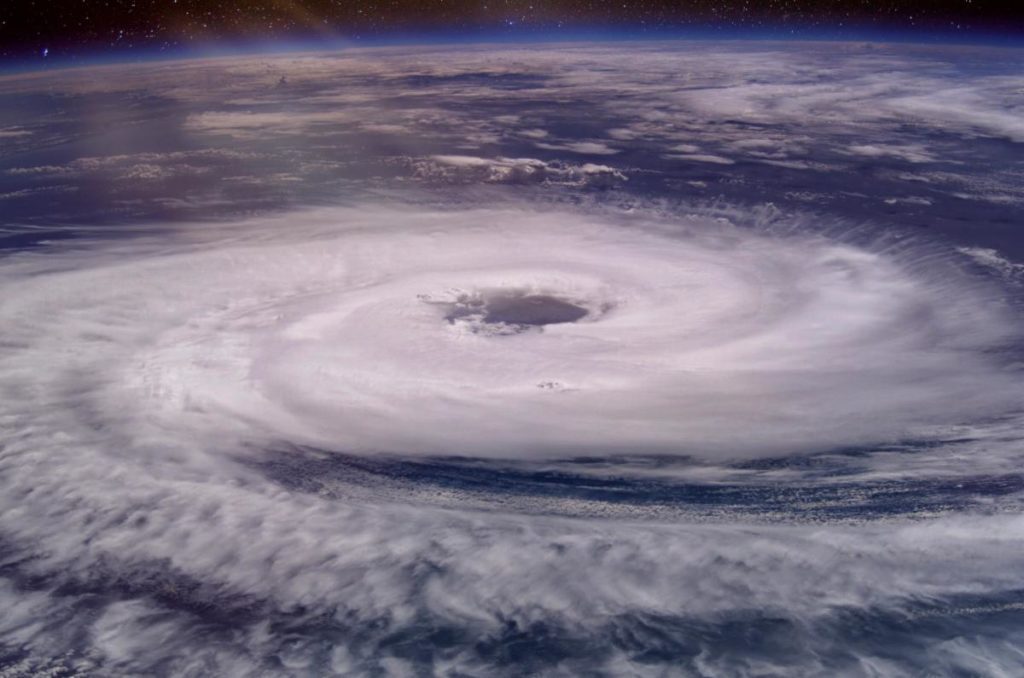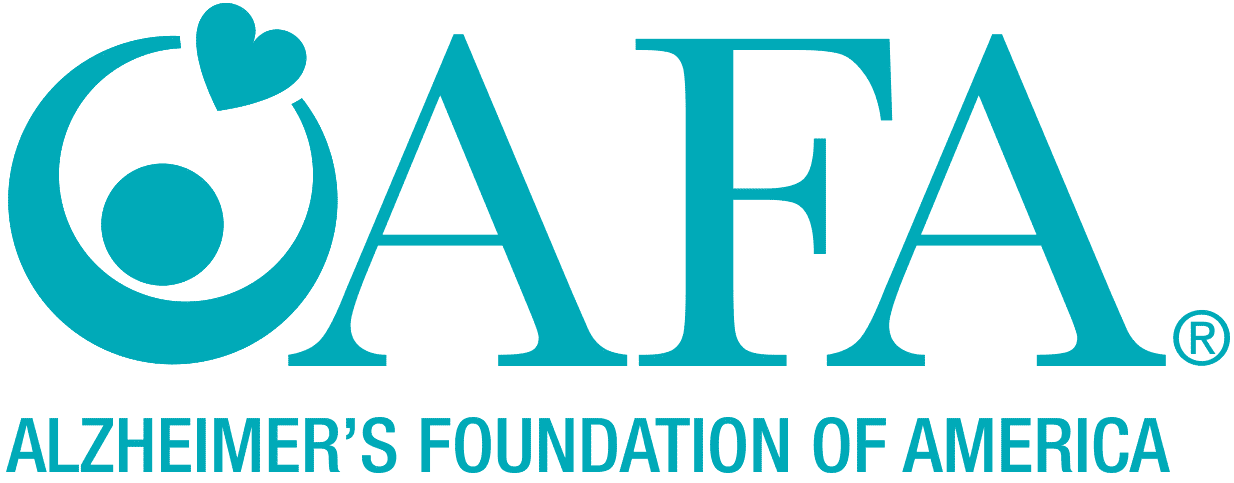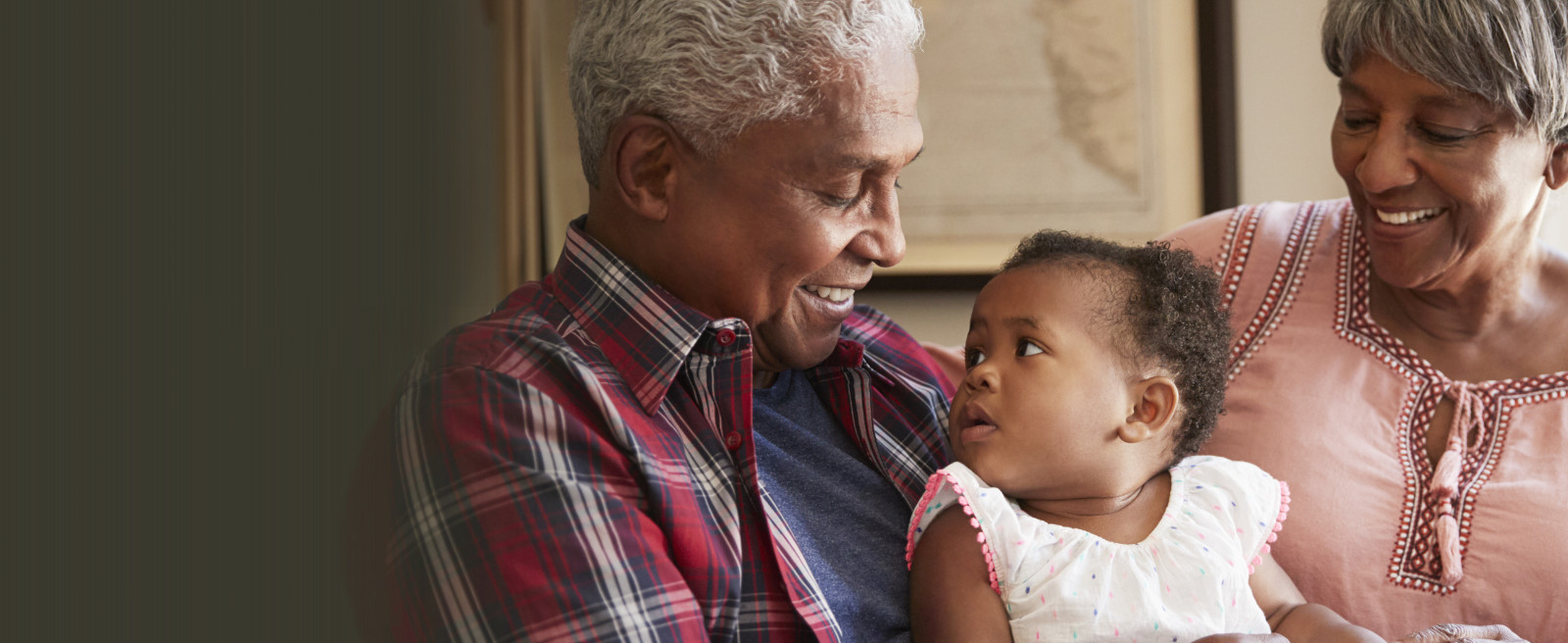Hurricane Preparedness Information for Residents in the Southeast Affected by Alzheimer’s Disease

Alzheimer’s Foundation of America Offers Emergency Preparedness Tips For Family Caregivers to Help Protect Their Loved Ones With Alzheimer’s
NEW YORK (September 3, 2019) — With Hurricane Dorian approaching the southeastern United States, potentially bringing dangerous winds, rain and flooding in the coming days, the Alzheimer’s Foundation of America (AFA) is providing important emergency preparedness information to help families affected by Alzheimer’s get ready in case the storm strikes their area.
“Individuals across the southeast are bracing for Hurricane Dorian and taking steps to get ready, including families affected by Alzheimer’s,” said Charles J. Fuschillo, Jr., AFA’s President & CEO. “Along with standard emergency preparedness steps, such as preparing a ‘go kit’, there are additional, unique needs that someone caring for a loved one with Alzheimer’s should take into account to help them stay safe. Following a few simple steps will go a long way to help prepare for the storm.”
AFA is offering the following tips to caregivers who are in an area that is potentially in the path of Hurricane Dorian. These tips are in addition to any other emergency preparedness steps or actions advised by first responders or emergency management agencies.
In advance of the storm:
- Make copies of important health, legal and insurance documentation, as well as contact information for your loved one’s doctors.
- Have medications, a list of medications, doses, dietary restrictions, allergies and other medical information on hand. Inquire about getting additional refills in advance of the storm with your loved one’s doctor.
- Store all documents and medications in waterproof bags. Bring them with you if you need to evacuate.
- Make sure the person’s medical history, medication list, and physician contact information is accessible to another trusted individual.
- Download Medicare’s Getting Medical Care and Prescription Drugs in a Disaster or Emergency Area It explains the options available to Medicare beneficiaries to get the care or services they need if they live in a declared disaster area.
- Have some small, familiar items handy that bring comfort and reduce stress to the person living with Alzheimer’s, such as family photos, books or an iPad/iPod/portable music player with favorite songs.
- If the person is in a care setting, find out the setting’s plan if an evacuation is needed.
- If the person receives home care, inquire with the home care provider about what the backup or contingency plans are to deliver services.
- If you must evacuate, choose the method of travel and time of travel that provides the most comfort and least anxiety to the greatest extent possible. If the person uses a walker or portable oxygen, be sure your evacuation plan can accommodate those needs.
- If you are traveling via mass transit or are staying in a hotel or shelter, advise them that you are traveling with someone who has dementia.
- Do your best to maintain the person’s normal routine; eat, sleep and take medications at the same time as a regular day.
- Prepare ID information, such as a contact card, that an individual living with Alzheimer’s can keep on them in case they become separated from their caregiver. Be sure to include a local emergency contact person on the card who first responders can call, as well as someone who lives outside the area in case local communications become disabled.
During the storm:
- Pay attention to cues that the person may be overwhelmed, scared or upset.
- Do what you can to reassure the person and keep them calm; Gentle touch such as holding hands, can be very helpful or put your arms on their shoulders.
- Try to limit stimulation as much as possible; try to stay in a quiet place.
Caregivers should also pay close attention to the instructions issued by first responders, local governments and emergency management offices in their area and have the contact information for those agencies on hand should they have any questions.
AFA’s National Toll-Free Helpline, which is staffed entirely by licensed, trained social workers, is available to provide information, assistance and support to caregivers to the greatest extent possible. AFA’s social workers can be reached through the helpline at 866-232-8484 or by clicking here, seven days a week.


